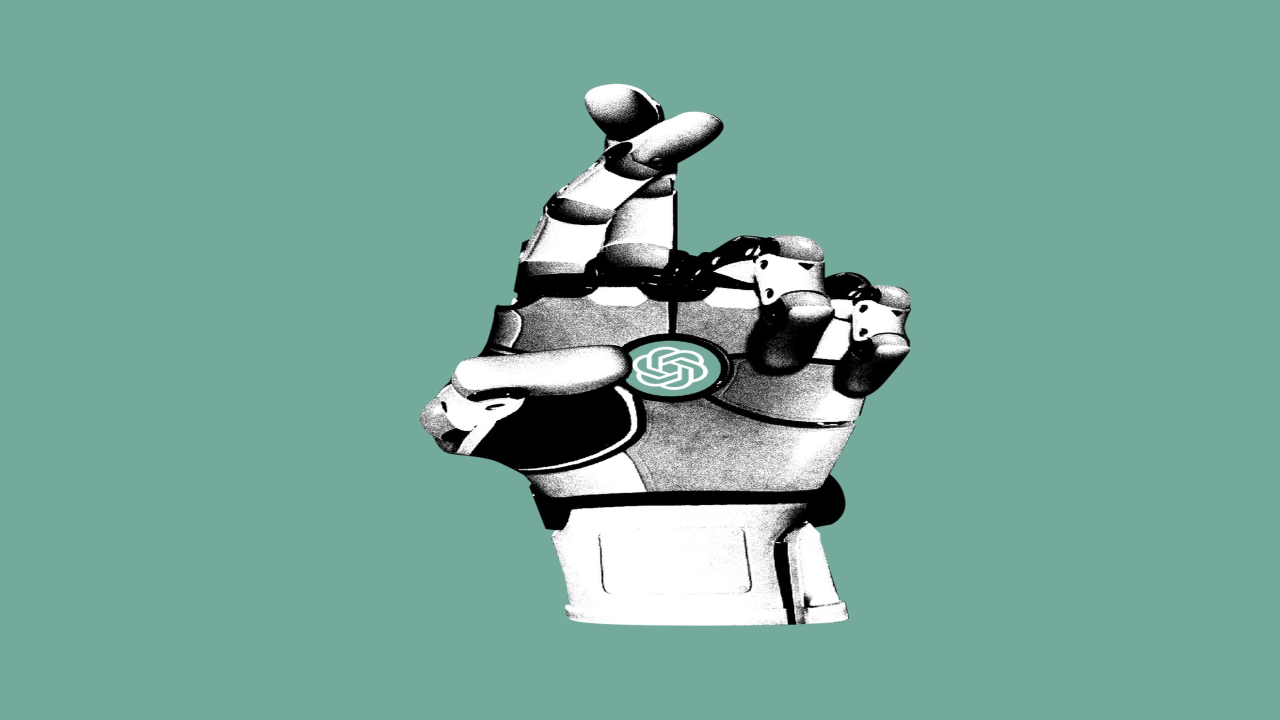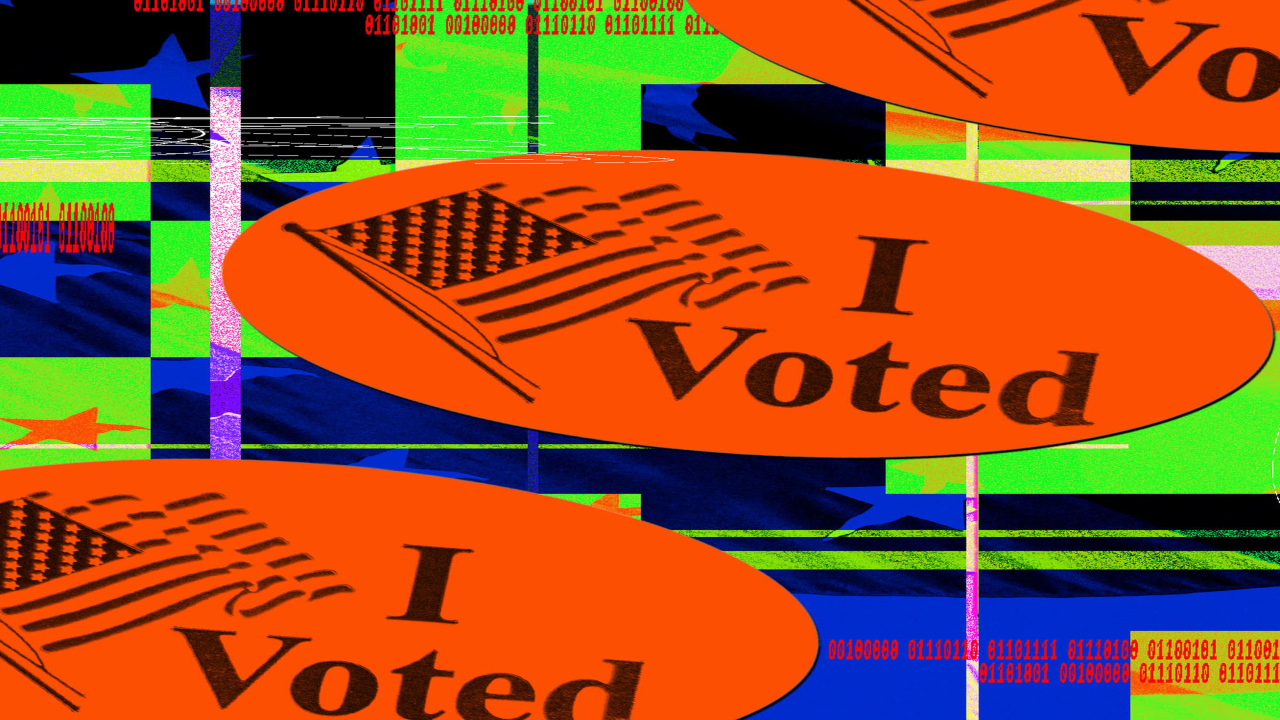The Complexities of Presidential Pardons
Presidential pardons have long been a subject of intrigue and controversy, with each act carrying significant weight and historical implications. From the pardoning of relatives to the scrutiny of clemency records, the landscape of these decisions is multifaceted and often shrouded in misinformation.
Unraveling the Hunter Biden Pardon Saga
The recent spotlight on Hunter Biden's pardon by his father has reignited discussions on familial clemency acts. Delving into the historical accuracy of such claims reveals a web of complexities and discrepancies that challenge the narrative presented by some media outlets.
The Neil Bush Pardon Myth
Exploring the alleged pardon of Neil Bush by his father, George H.W. Bush, uncovers the dangers of misinformation in media narratives. Separating fact from fiction in these claims sheds light on the importance of thorough fact-checking and accurate reporting.
Examining the Jimmy Carter-Billy Carter Pardon Allegations
The purported pardon of Billy Carter by Jimmy Carter raises questions about the reliability of sources and the spread of inaccuracies in historical accounts. By scrutinizing these claims, we can gain a deeper understanding of the challenges in verifying past presidential pardons.
ChatGPT and Historical Accuracy
The role of AI-generated content in shaping historical narratives comes into focus as we analyze the accuracy of information provided by platforms like ChatGPT. Understanding the limitations and potential pitfalls of relying on AI for historical research is crucial in maintaining the integrity of information dissemination.
Implications of Misinformation in Media
The impact of misinformation on public perception and historical discourse cannot be understated. By exploring case studies of erroneous claims in media reports, we can underscore the importance of fact-checking and corroborating sources to ensure the accuracy of information presented to the public.
Embracing Accuracy in Reporting
In a landscape rife with conflicting narratives and misleading information, the commitment to accuracy and diligence in reporting is more vital than ever. By upholding the standards of journalistic integrity and thorough research, we can strive towards a more informed and truth-driven media environment.






















